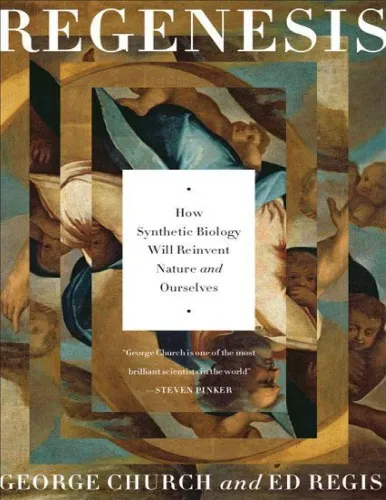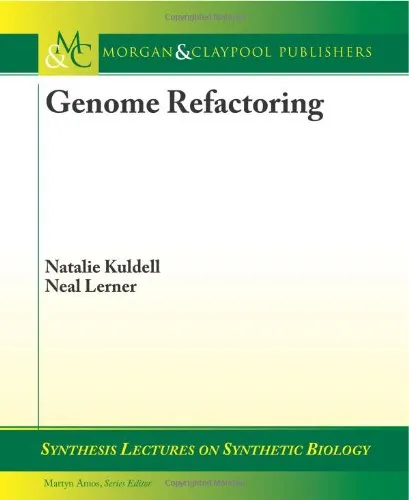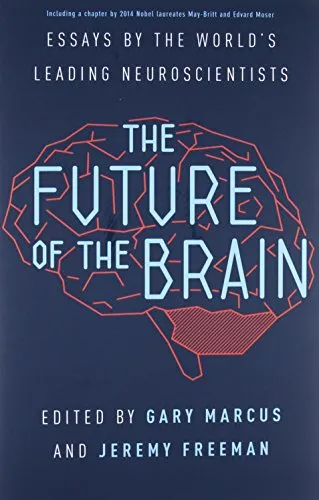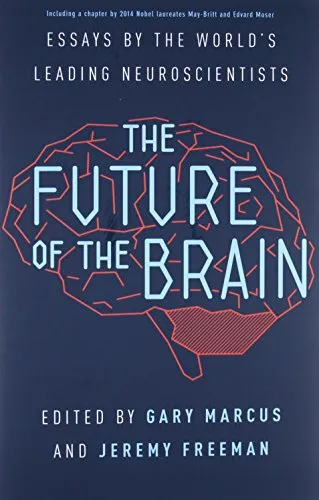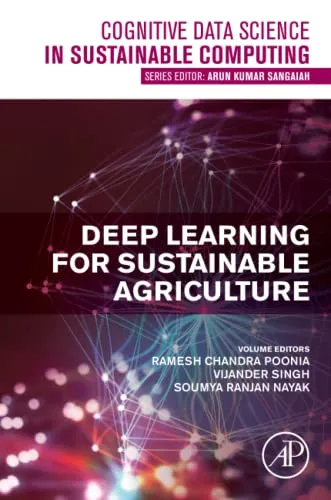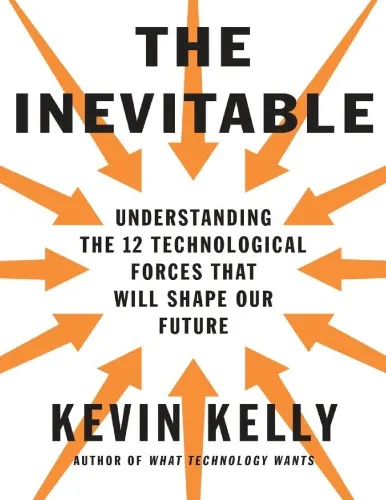Regenesis: How Synthetic Biology Will Reinvent Nature and Ourselves
4.5
Reviews from our users

You Can Ask your questions from this book's AI after Login
Each download or ask from book AI costs 2 points. To earn more free points, please visit the Points Guide Page and complete some valuable actions.Related Refrences:
Regenesis: How Synthetic Biology Will Reinvent Nature and Ourselves is an eye-opening exploration into the rapidly evolving field of synthetic biology. Written by renowned geneticist George M. Church and science writer Ed Regis, this book uncovers how these advancements promise to reshape the natural world and redefine humanity's place within it. Set against a backdrop of cutting-edge research, Regenesis delves into the possibilities and ethical considerations that come with such groundbreaking technology.
Detailed Summary of the Book
The concept of synthetic biology is likened to a new industrial revolution that could surpass digital technology's profound effects. Regenesis begins by delving into the fundamental aspects of biology, explaining DNA's role as life's blueprint. The authors share fascinating insights on how scientists now manipulate this blueprint, advancing our capacity to create entirely new forms of life.
The narrative is structured around the idea of "completeness," focusing on the different levels from genomes to synthetic ecosystems. Church and Regis describe how genome writing and editing enable the development of bacteria that can produce drugs, crops that are resistant to pests and diseases, and even the resurrection of extinct species. The book ventures into the possibility of creating human genomic designs tailored to eliminate diseases and prolong life.
The authors present numerous case studies of synthetic biology breakthroughs, illustrating how they are already affecting various fields, such as medicine, agriculture, and industrial biotechnology. Over the course of the book, Church and Regis highlight the importance of creating robust ethical guidelines to manage these transformative technologies responsibly.
Key Takeaways
- Synthetic biology holds the potential to fundamentally transform the natural world, offering solutions to some of the most pressing global challenges.
- The ability to design and construct new genome sequences could lead to groundbreaking advances in healthcare, such as eliminating genetic disorders.
- Through responsible innovation, synthetic biology could revolutionize industries from agriculture to pharmaceuticals, improving sustainability and efficiency.
- Ethical considerations, including potential risks and unintended consequences, must be addressed with comprehensive regulations and public discourse.
Famous Quotes from the Book
"In the evolutionary race between biology and technology, we're running just as fast as we can to keep up."
"With synthetic biology, we’re not just reading and editing life’s genetic code; we’re on the verge of writing it."
Why This Book Matters
Regenesis offers a crucial perspective on the emerging field of synthetic biology, presenting it as a pivotal force for the future of humanity and the planet. As the boundaries of biological science expand, this book provides valuable insights into the implications of redesigned life forms. It encourages readers to weigh the potential benefits against ethical and safety concerns, fostering a balanced understanding of what synthetic biology can achieve.
This book is essential reading for anyone interested in the intersection of technology and biology, and for those seeking to understand how these developments might impact society, the environment, and our own notion of humanity. Through a comprehensive examination of scientific progress coupled with ethical foresight, Regenesis underscores the transformative power of synthetic biology and its capacity to reshape our world.
Free Direct Download
You Can Download this book after Login
Accessing books through legal platforms and public libraries not only supports the rights of authors and publishers but also contributes to the sustainability of reading culture. Before downloading, please take a moment to consider these options.
Find this book on other platforms:
WorldCat helps you find books in libraries worldwide.
See ratings, reviews, and discussions on Goodreads.
Find and buy rare or used books on AbeBooks.
